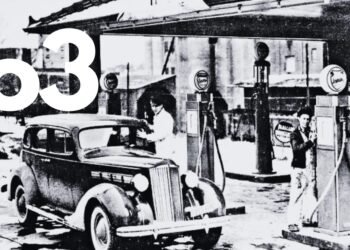The day after Donald Trump declared his election victory, a tech scout for NATO, Chris O’Connor, is on a mission to find companies in Europe that can give the alliance a technological edge over Russia and China. With the urgency of preparing for “Trump 2.0,” O’Connor has his sights set on a miniature factory, the size of a shoebox, designed to manufacture semiconductors in space.
Located in a gray industrial estate on the outskirts of Cardiff in Wales, Space Forge is the company that has caught O’Connor’s attention. Their plan is to send satellites equipped with tiny clean rooms into space, where they will grow semiconductor crystals and transport them back to Earth. According to chief technology officer Andrew Bacon, one Space Forge satellite has the potential to produce enough semiconductor material to power tens of thousands of phones. But for O’Connor, the real appeal lies in the potential for military applications, such as improving the capabilities of radar.
Space Forge is just one of the six investments made public by the €1 billion NATO Innovation Fund (NIF), which was established to fund high-risk, high-reward ventures that could give NATO a competitive advantage. Alongside Space Forge, the NIF has invested in battlefield robots, a company producing a lighter version of carbon fiber, and several space startups.
This venture into the world of venture capital is a first for the alliance, using its members’ money to fund these experiments. However, there is no guarantee of success, as Space Forge has never actually produced semiconductor material in space. In fact, their previous attempt to launch satellites ended in failure when the rocket crashed into the ocean.
The urgency to find technological solutions has been intensified by Trump’s win, as concerns over NATO’s reliance on US support grow. With the new administration expected to reduce support for NATO, the president-elect’s comments about allies not meeting their military spending targets have caused alarm. However, O’Connor remains optimistic, stating that they have been given a mandate to take risks.
As NATO prepares for a future with uncertain US support, investments in cutting-edge technology may be the key to maintaining their military superiority. And for O’Connor and the NIF, the potential rewards outweigh the risks.



















